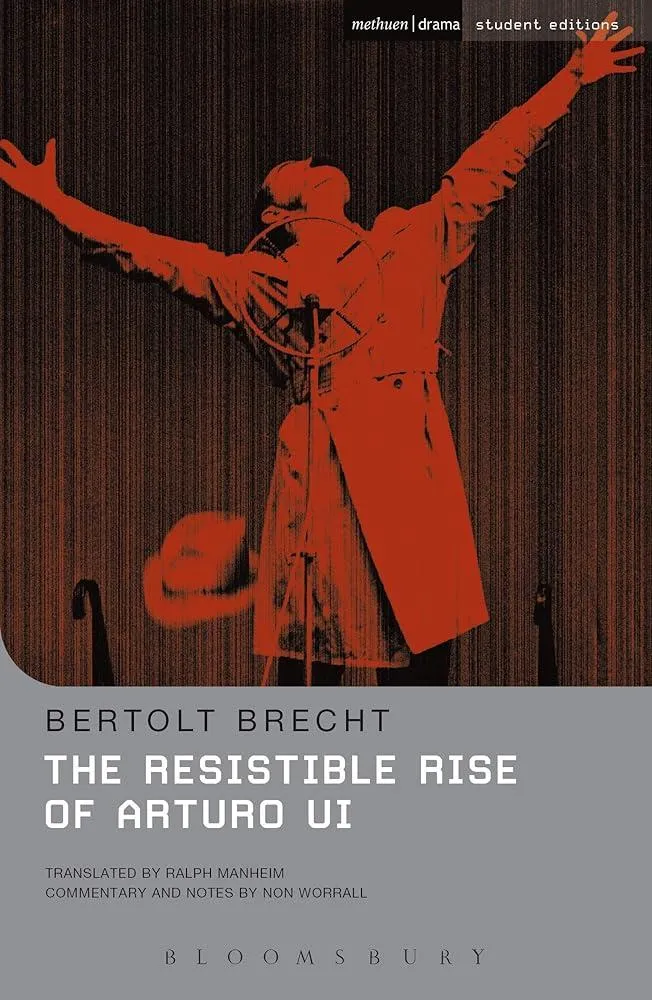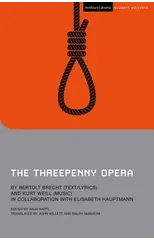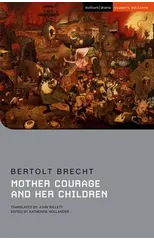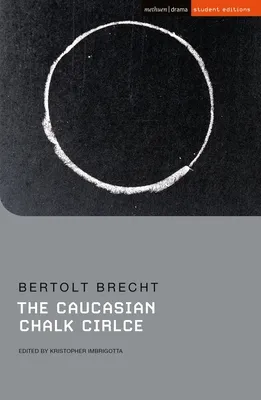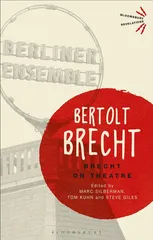The Resistible Rise of Arturo Ui
(Author) Bertolt Brecht"Brecht's brilliant parable recasts Hitler's rise to pwower in terms of a small-time takeover of Chicago's greengrocery trade. Bertolt Brecht referred to The Resistable Rise of Arturo Ui as his "gangster play." Written in a matter of three weeks in 1941 during Brecht's exile in Finland, it takes place in his favorite U.S. setting, Chicago, and satirizes Hitler's rise to power in terms of a small-time takeover of the greengrocery trade in that mythic city. A brilliant parable, it is at once a trenchant retelling of the past and a serious warning - that fascism did not pass with the defeat of Hitler - for the future. Commissioned and authorized by the Brecht estate, Arcade's definitive edition of The Resistable Rise of Arturo Ui contains a translation by John Willett and an introduction by the joint editors of Brecht's collected works in English, John Willett and Ralph Manheim. The appendix provides Brecht's own notes and relevant texts as well as extensive editorial commentary on the genesis of the play."--Website of Arcade Publishing (Nov. 1, 2010).
Bertolt Brecht
Bertolt Brecht was a German playwright and poet known for his epic theatre style, which aimed to provoke critical thinking and social change. His most famous work, "The Threepenny Opera," challenged conventional theatre norms with its satirical and politically charged themes. Brecht's contributions to literature revolutionized modern drama.
